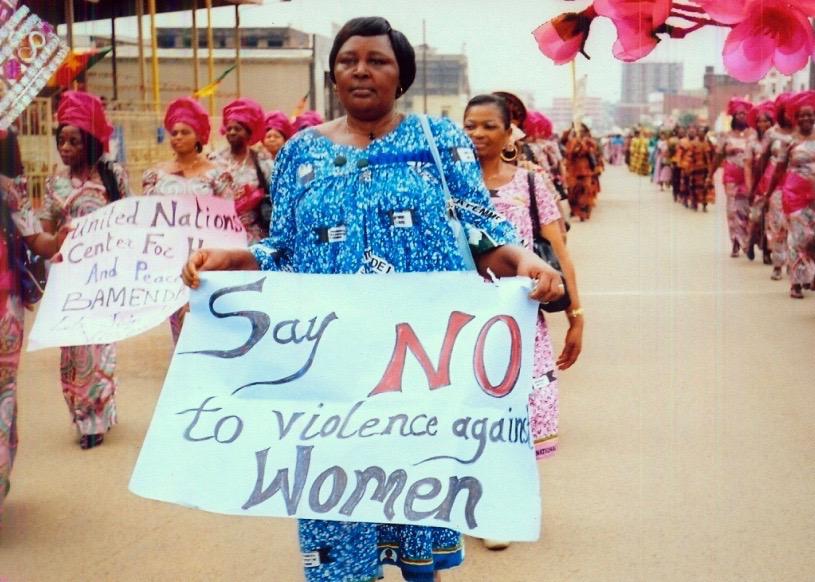One of the greatest setbacks in Kenya’s efforts to ensure gender equity and equality this year was failure by the National Assembly to pass the Bill, which would implement the two-thirds gender rule in representation.
And although the Constitution of Kenya (Amendment) Bill 2018 was not a women’s thing, but a constitutional requirement, some women leaders have refused to allow this to dampen their spirits.
They continue to champion the rights of women and girls to ensure they enjoy equal freedoms and rights.

PLAYING THEIR PART
These individuals — sung or unsung — are playing their part for the economic, social and political empowerment and leadership of women.
There are those who work round the clock to ensure girls and women live in safe spaces.
This lot goes through all manner of challenges, including threats to their lives, to fight sexual and other forms of gender-based violence against women, girls and children.
As we come to the close of the year, it is critical that these women are supported and encouraged to move ahead.
First Lady Margaret Kenyatta is, no doubt, an inspiration among leaders who have dedicated themselves to uplifting the status of women, especially the rural ones and the ‘urban poor’, as well as babies and children.
BEYOND ZERO
After her successful Beyond Zero campaign, initiated in 2014 to improve maternal and child health, she has scaled up the effort — which brought prenatal and postnatal treatment to many women and children — with a new health model in the second phase. Through the Beyond Zero Medical Safaris, she intends to provide specialised healthcare through free screening, treatment and referral services.
Her team will take to the 47 counties services such as repair of the traumatic and debilitating fistula and screening of cervical, breast and prostate cancers and other diseases afflicting the elderly and children.
Mrs Rachel Ruto, the Deputy President’s wife, has economically empowered women through the table banking concept, the cross-stitching programme with Lang’ata Women’s Prison inmates and the Kenyatta University-based Somesha Msichana scheme.
There is also hope in the women’s rights movement, considering the number of professional young women in its leadership.
I have interacted with some of them and witnessed them address local and international forums on women’s issues; they are eloquent and articulate.
Ms Fridah Githuku of Groots Kenya works with rural women in 15 counties. She and her predecessor, Ms Esther Mwaura-Muiru, started programmes that have seen many women become successful farmers, landowners and leaders at the grassroots, including members of land boards.
Others include Crystal Simon, Catherine Nyambura and Irene Mwendwa, all from the African Women’s Development and Communication Network, (Femnet), Diana Gachiengo (Kenya Human Rights Commission, KHRC), Maureen Mukalo (Coalition on Violence Against Women, Covaw), Ms Editar Ochieng of the Kibera-based Feminist for Peace Rights and Justice Centre.
Then there is Ms Wairimu Wahome, who leads a team of Covaw in helping intellectually challenged women, girls and young men, who are victims of sexual and gender violence, to access justice. Her team will enter 2019 with at least 10 cases in court — some as old as five years!
After growing the Kenya Women Finance Trust (KWFT) from a struggling entity in the 1990s to a mid-sized bank serving three million women, Echo Network Africa executive director Jennifer Riria is still looking for ways to ensure gender equity.
Next year, Dr Riria will implement her new ambitious project — the Democracy Trust Fund, or The Power Fund — which she hopes will see more women in leadership in all sectors. The former university lecturer is convinced that this fund “will change the conversation about leadership in Kenya”.
This is to wish these strong women the best during the festive season and a more fulfilling year ahead. Your work is a blessing to the country.

